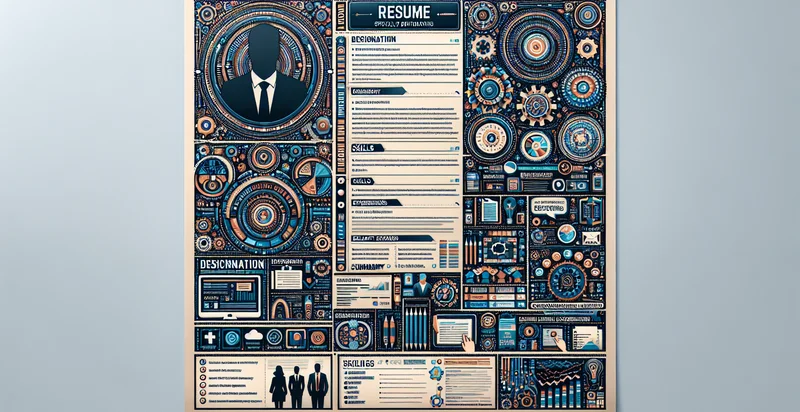Identify talent chair placement
using AI
Below is a free classifier to identify talent chair placement. Just upload your image, and our AI will predict what type of talent chair placement is required - in just seconds.

Contact us for API access
Or, use Nyckel to build highly-accurate custom classifiers in just minutes. No PhD required.
Get started
import nyckel
credentials = nyckel.Credentials("YOUR_CLIENT_ID", "YOUR_CLIENT_SECRET")
nyckel.invoke("talent-chair-placement", "your_image_url", credentials)
fetch('https://www.nyckel.com/v1/functions/talent-chair-placement/invoke', {
method: 'POST',
headers: {
'Authorization': 'Bearer ' + 'YOUR_BEARER_TOKEN',
'Content-Type': 'application/json',
},
body: JSON.stringify(
{"data": "your_image_url"}
)
})
.then(response => response.json())
.then(data => console.log(data));
curl -X POST \
-H "Content-Type: application/json" \
-H "Authorization: Bearer YOUR_BEARER_TOKEN" \
-d '{"data": "your_image_url"}' \
https://www.nyckel.com/v1/functions/talent-chair-placement/invoke
How this classifier works
To start, upload your image. Our AI tool will then predict what type of talent chair placement is required.
This pretrained image model uses a Nyckel-created dataset and has 18 labels, including Acceptable, Balanced, Correct, Efficient, Ergonomic, Imbalanced, Incorrect, Inefficient, Nonergonomic and Nonstrategic.
We'll also show a confidence score (the higher the number, the more confident the AI model is around what type of talent chair placement is required).
Whether you're just curious or building talent chair placement detection into your application, we hope our classifier proves helpful.
Related Classifiers
Need to identify talent chair placement at scale?
Get API or Zapier access to this classifier for free. It's perfect for:
- Talent Management: The 'talent chair placement' identifier can assess employees' skills and match them to appropriate roles within an organization. This ensures that individuals are placed in positions that align with their strengths, thus improving job satisfaction and productivity.
- Recruitment Optimization: Companies can leverage this function during the recruitment process to evaluate candidate profiles against job requirements. By analyzing candidate attributes, the identifier can help streamline hiring by shortlisting the best fits for specific roles.
- Team Composition: The identifier can assist in forming balanced and effective teams by analyzing the skills and personalities of existing team members. This data-driven approach helps organizations create diverse teams that complement one another, enhancing collaboration and outcomes.
- Leadership Development: Organizations can use this function to identify high-potential employees suitable for leadership roles. By evaluating traits and competencies, the identifier can guide succession planning and ensure leadership pipelines are filled with capable talent.
- Training Needs Assessment: The 'talent chair placement' identifier can pinpoint skill gaps within teams or departments. By identifying these gaps, companies can tailor training programs to develop employees' skills, ensuring they meet the future demands of their roles.
- Performance Evaluation: The function can play a role in performance management by assessing employee contributions relative to their placements. This holistic view can help managers provide constructive feedback and support, leading to improved employee performance and career growth.
- Culture Fit Assessment: Organizations can utilize the identifier to evaluate whether candidates or employees align with the company’s culture and values. This assessment enhances retention rates and employee engagement by ensuring that individuals resonate with the organizational ethos.


